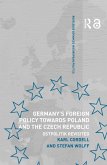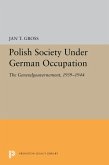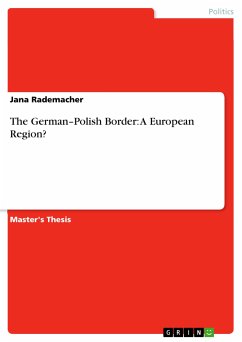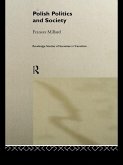The book constitutes a sociological analysis of the origins of the Polish-German antagonism in the nineteenth and twentieth century and of the process of overcoming it. The author discusses the role played by the religious and political leaders as well as intellectuals of both nations and presents survey research data showing the marked improvement in mutual relations. After a long history of alternating relations, things between Poland and Germany were as bad as never before after World War II. The Nazi attack on Poland in 1939 and the atrocities committed during the occupation resulted in intense Polish hostility towards Germany. On the German side, the loss of territories created a feeling of harm and contributed to deepen anti-Polish stereotypes. The process of reconciliation emanated from initiatives taken by the Christian churches and courageous individuals on both sides, but the crucial step was taken by Chancellor Willy Brandt and the Polish communist leader Wladyslaw Gomulka, who in 1970 worked out a comprehensive agreement for normalizing relations between Poland and the Federal Republic. Following the collapse of communist regimes and unification of Germany mutual relations took the form of co-operation and partnership within the structures of democratic Europe. Today, both sides are about to overcome former stereotypes. While some differences of interests still remain, the overall picture of the current relations between Germany and Poland is one proof that even deepest wounds of the past do not prevent nations from overcoming antagonism and from building friendly relations.
Dieser Download kann aus rechtlichen Gründen nur mit Rechnungsadresse in A, B, BG, CY, CZ, D, DK, EW, E, FIN, F, GR, H, IRL, I, LT, L, LR, M, NL, PL, P, R, S, SLO, SK ausgeliefert werden.
Hinweis: Dieser Artikel kann nur an eine deutsche Lieferadresse ausgeliefert werden.









